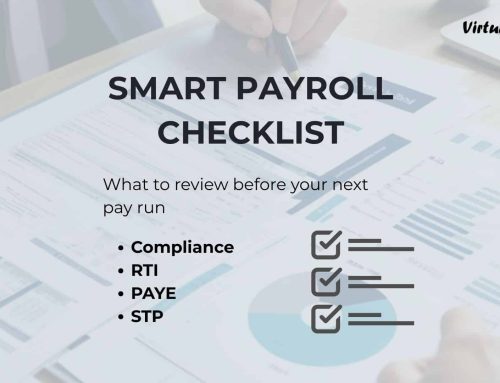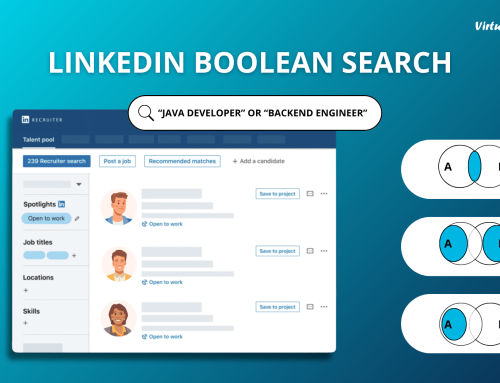When handling accounting for SMEs (Small and Medium Enterprises), it’s essential to maintain accurate financial records using accounting software for transparency. Manage cash flow by tracking income and expenses to meet financial obligations, and ensure tax compliance to avoid penalties by filing on time. Create a realistic budget to plan for future expenses and make informed spending decisions. Finally, consider hiring an accountant or outsourcing tasks to save time and improve financial management. Keeping these factors in mind can help SMEs effectively manage their finances and support growth. Here are five key points to consider when managing accounting for SMEs:
1. Cash Flow Management:
Ensure that cash flow is closely monitored. SMEs often operate on tight cash flow, so keeping track of incoming and outgoing cash is crucial for maintaining liquidity.
Why it’s important:
SMEs often face fluctuations in their cash flow due to irregular income or delayed payments. Poor cash flow management can lead to liquidity issues, even for profitable businesses.
Best practices:
- Regularly updating & monitoring cash flow statements.
- Using cash flow forecasts to anticipate shortages or surpluses.
- Implementing strategies to speed up receivables (e.g., offering discounts for early payments) and control payables.
- Keeping a buffer of cash reserves for emergencies.
2. Compliance with Tax Regulations:
Stay up-to-date with local tax laws and deadlines. SMEs may face penalties if taxes are filed late or inaccurately, so ensuring compliance with tax requirements is essential.
Why it’s important:
Non-compliance with tax laws can result in fines, penalties, or legal consequences, which can be particularly damaging to an SME’s limited resources.
Best practices:
- Stay informed about changes in tax laws that affect SMEs, including VAT, corporation tax, payroll taxes, etc.
- Ensuring accurate filing of tax returns and making sure all tax obligations are met on time.
- Considering making tax planning a regular part of the business cycle to optimize tax liabilities, taking advantage of any reliefs or exemptions.
- Utilizing accounting software to automate and track tax calculations.
3. Cost Control:
Help the SME identify and manage costs effectively. Reducing unnecessary expenses and managing operational costs can significantly improve profitability.
Why it’s important:
Many SMEs have narrow margins, so controlling costs is vital to maintaining profitability and financial stability.
Best practices:
- Regularly reviewing expenses and categorizing them into essential and non-essential costs.
- Negotiating with suppliers to reduce costs, exploring bulk discounts, or considering switching vendors if necessary.
- Conducting regular budget vs. actual analysis to identify areas where spending is higher than anticipated.
- Avoiding unnecessary debt by maintaining good working capital management and financing options.
4. Accurate Record-Keeping:
Ensure that all financial records, such as invoices, receipts, and bank statements, are organized and accurately recorded. This helps with financial analysis and decision-making.
Why it’s important:
Proper record-keeping is the foundation of sound financial management. It ensures that all financial data is accurate, up-to-date, and compliant with legal requirements.
Best practices:
- Using a reliable accounting system or software that automates tracking and organization of records (e.g., QuickBooks, Xero).
- Reconciling bank statements regularly to avoid discrepancies.
- Establishing a routine for filing and organizing documents, whether digitally or in hard copy, for easy retrieval.
- Training employees or clients on the importance of keeping accurate records and implementing an efficient record-keeping process.
5. Tailored Financial Reporting:
Provide customized financial reports that offer insights into the SME’s specific needs. These reports should help business owners understand their financial health and guide them in making informed decisions.
Why it’s important:
Customized financial reporting allows SME owners to focus on the key metrics that matter most for their business. It provides actionable insights that aid decision-making, helping to plan for growth, manage risks, and track performance.
Best practices:
- Creating reports that align with the SME’s goals (e.g., profitability analysis, cost breakdown, cash flow analysis, etc.).
- Presenting data in a way that’s easy to understand, using graphs, charts, or dashboards if needed.
- Scheduling regular reviews of financial reports to identify trends, issues, and opportunities.
- Using KPI (Key Performance Indicator) tracking to measure performance in areas such as revenue growth, profit margins, and cost efficiency.
- These practices help SMEs build a strong financial foundation, making it easier for them to grow and deal with any challenges that come their way.
Handling Accounting for SMEs requires careful attention to detail and strategic planning. By keeping accurate records, understanding cash flow, staying compliant, budgeting effectively, and seeking professional help, you can set your business up for success. If you want to streamline your accounting process, choose Virtual Clone today!






